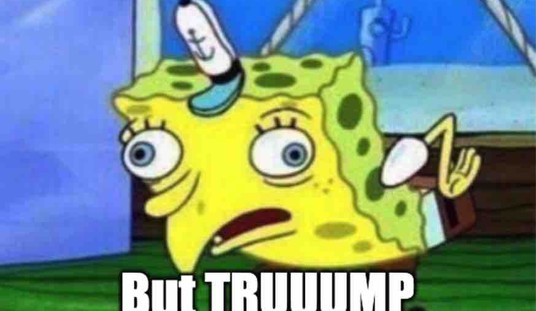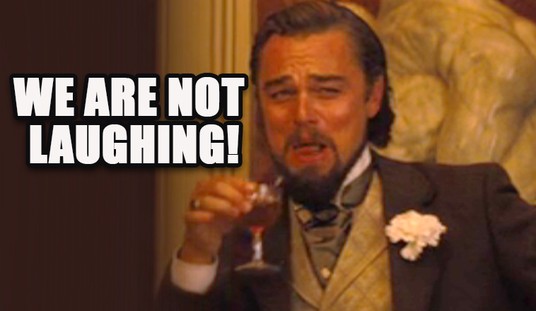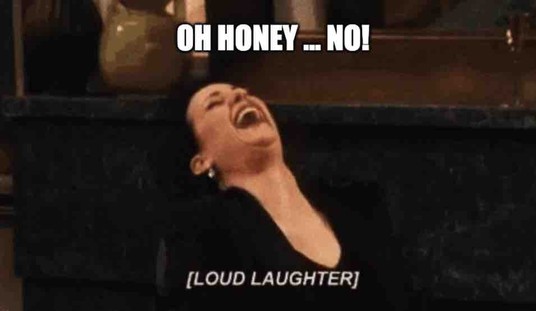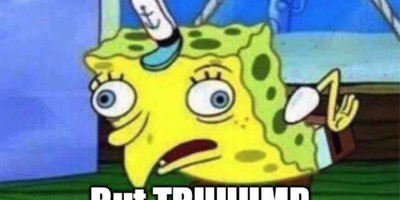Supreme Court Justice Antonin Scalia is under assault for comments he made in Court today. The case in question, Shelby County v. Holder, deals with Section 5 of the Voting Rights Act. Under Section 5, local cities or counties with a history of racial discrimination in voting are not allowed to make changes in their voting rules without first obtaining the approval of the Department of Justice or a special court in Washington, D.C.
According to Hans von Spakovsky, a Senior Legal Fellow at the Heritage Foundation, when Congress first passed the Voting Rights Act, it made it clear that it considered Section 5 a temporary, emergency provision that would terminate after five years. Yet the provision has been renewed repeatedly and remains in effect today.
At National Review’s Bench Memos, Carrie Severino explains the administrative burden this places on local jurisdictions that are covered by Section 5:
It requires that those states and jurisdictions surmount significant administrative or judicial hurdles any time they want to make a change to their voting laws, no matter how trivial. For example, if a town wants to move its polling place even a block away, change from paper to computerized ballots, change its primary date, or hire more staff to help those who need translation or assistance reading, it would need to apply for permission from the Attorney General.
Severino notes, further, that the Court has hinted that Section 5 does not pass constitutional muster:
The Supreme Court has dropped hints over the years that this system raises constitutional red flags, and as recently as 2009 clearly stated that Section 5 “imposes current burdens and must be justified by current needs” if it wants to take the disfavored step of treating certain states differently than others.
Now let’s go to the transcript of Scalia’s remarks earlier today (see pp. 46-48):
Recommended
Well, maybe it was making that judgment, Mr. Verrilli. But that’s — that’s a problem that I have. This Court doesn’t like to get involved in racial questions such as this one. It’s something that can be left — left to Congress. The problem here, however, is suggested by the comment I made earlier, that the initial enactment of this legislation in a time when the need for it was so much more abundantly clear was — in the Senate, there — it was double-digits against it. And that was only a 5-year term. Then, it is reenacted 5 years later, again for a 5-year term. Double-digits against it in the Senate. Then it was reenacted for 7 years. Single digits against it. Then enacted for 25 years, 8 Senate votes against it. And this last enactment, not a single vote in the Senate against it. And the House is pretty much the same.
Now, I don’t think that’s attributable to the fact that it is so much clearer now that we need this. I think it is attributable, very likely attributable, to a phenomenon that is called perpetuation of racial entitlement. It’s been written about. Whenever a society adopts racial entitlements, it is very difficult to get out of them through the normal political processes. I don’t think there is anything to be gained by any Senator to vote against continuation of this act. And I am fairly confident it will be reenacted in perpetuity unless — unless a court can say it does not comport with the Constitution. You have to show, when you are treating different States differently, that there’s a good reason for it. That’s the the concern that those of us who have some questions about this statute have. It’s a concern that this is not the kind of a question you can leave to Congress. There are certain districts in the House that are black districts by law just about now. And even the Virginia Senators, they have no interest in voting against this. The State government is not their government, and they are going to lose — they are going to lose votes if they do not reenact the Voting Rights Act.
Even the name of it is wonderful: The Voting Rights Act. Who is going to vote against that in the future?
In referring to “racial entitltements,” Scalia was not calling into question the right of black Americans to vote. He was discussing the reasons why Congress had not repealed or modified Section 5 despite the Court’s explicit misgivings. His conclusion: Trying to repeal Section 5 would be tantamount to political suicide.
This is not a constitutional argument. It is an observation about what would happen to a member of Congress who proposes repealing Section 5 (or for that matter, any part of the Voting Rights Act).
In response, liberals went into full-blown freak-out mode:
Who will these shows have commenting? What Scalia said today deserves a strong rebuke! Have the courage to speak up!
— rolandsmartin (@rolandsmartin) February 28, 2013
Scalia you are a disgrace, fuck off
— Concert Whore (@calimbnyc) February 28, 2013
Whenever Scalia happens to drop dead, the party will be at my house. Everyone invited.
— Jeremy Wilson (@Jpwilson1984) February 27, 2013
Reminder! Scalia is a racist asshole (like you could forget) http://t.co/9AtiF1Orvr
— Dr. Aphra Behn (@Shaker_aphra) February 27, 2013
"The friggin' right to vote now's an entitlement, like Medicaid or food stamps." — Chris Matthews, paraphrasing Scalia
— Ryan J. Reilly (@ryanjreilly) February 27, 2013
Screw logic. Fuck the Constitution. Scalia is taking the law into his own hands. And strangling it. http://t.co/4JCZNWXvUx … h/t @jn2375
— The Daily Edge (@TheDailyEdge) February 27, 2013
https://twitter.com/mayagurantz/status/306839595444740096
Civil-rights hero John Lewis scorched Scalia, saying the right to vote is 'what people died for, bled for.' More: http://t.co/wEfd81SchP
— MSNBC (@MSNBC) February 28, 2013
#SCOTUS the highest arbiter of justice in the nation, where jurisprudence & reason is presumed to reside, so why is asshole #Scalia there?
— Joseph Chez (@JosephChez) February 28, 2013
https://twitter.com/NerdyWonka/status/306805410747277312
https://twitter.com/GlitterMedic/status/306892192939663360
Scalia is the biggest asshole in America. He called the Voting Rights Act a "racial entitlement." WTF??
— @dustmyblues (@dustmyblues) February 28, 2013
https://twitter.com/jbouie/status/306804911058874368
https://twitter.com/Tsinuk/status/306929215230595072
https://twitter.com/EricWHThornton/status/306878544754143232
Scalia’s assessment of the political situation is correct, of course, and the vituperative response to his comments proves it.
On the other hand, as we noted above, Scalia’s argument is really about the politics of the Voting Rights Act, not its constitutionality. If members of Congress are too cowardly to repeal Section 5, that does not seem to us to be a valid reason for Courts to overturn the law.
























Join the conversation as a VIP Member